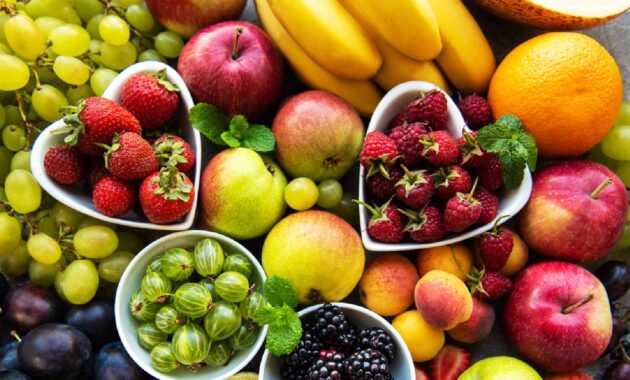Glucose and fructose are sugars found in vegetables and fruits, but the two are not the same. Let us tell you the differences between glucose and fructose.
If you are not living with diabetes or trying to lose weight, sugar may be an important ingredient in your diet. You may begin your day with a cup of tea with sugar or honey lemon water. Sugar is not just an ingredient in white colour that gives sweetness to dishes. It can be found even in fruits such as bananas and grapes. In the world of sugar, glucose and fructose are commonly consumed. Both are simple sugars found in numerous foods, but they are not the same. Read on to know the differences between glucose and fructose.
What is glucose?
Glucose is a simple sugar, also known as a monosaccharide, that serves as the primary source of energy for living organisms, says dietician Ekta Singhwal. It is a key component of carbohydrates, and so, is found in various carbohydrate-rich foods such as bread, pasta, rice, potatoes, fruits, and vegetables.

What is fructose?
Fructose, also a simple sugar or monosaccharide, is found in fruits, honey, and some root vegetables. It is also used as a sweetener in processed foods and beverages.
What is the difference between glucose and fructose?
Apples, oranges, bananas, grapes, cherries, pineapples, blueberries, strawberries, kiwi and mangoes are some of the fruits containing glucose and fructose. Carrots, sweet potatoes, beets, peas, corn, bell peppers and tomatoes also have these sugars. Clearly, their sources are more or less the same, but there are a few differences between glucose and fructose.
1. Chemical structure
Glucose and fructose have the same chemical formula (C6H12O6), but their atoms are arranged differently. Glucose has a six-carbon ring structure, while fructose has a five-carbon ring structure, explains Singhwal. This structural difference affects how they are metabolised in the body.
Also Read

2. Sweetness
Fructose is sweeter than glucose. This difference in sweetness influences food preferences and the use of these sugars in processed foods and beverages.
3. Metabolism
Glucose is metabolised in the body through the process of glycolysis, where it is broken down to produce energy. Fructose is primarily metabolised in the liver, where it can be converted into glucose or stored as fat.
4. Effects on blood sugar
Glucose has a significant impact on blood sugar levels because it is rapidly absorbed into the bloodstream. Fructose has a lower glycemic index and does not cause the same spike in blood sugar levels as glucose.
5. Absorption
Glucose is absorbed directly into the bloodstream through the small intestine, where it can be used for energy or stored as glycogen. Fructose is primarily absorbed in the liver, where it undergoes processing before entering the bloodstream.

6. Health effects
A 10-week study, conducted in 2009, had participants consuming fructose and glucose-sweetened beverages. The ones who drank the beverages with fructose had an 8.6 percent increase in belly fat in comparison to 4.8 percent in those who consumed glucose-sweetened drinks, according to the study published in The Journal Of Clinical Investigation.
Select Topics of your interest and let us customize your feed.
PERSONALISE NOW
High intake of fructose has also been associated with metabolic syndrome, fatty liver disease, and increased risk of cardiovascular disease, says Singhwal. As for consuming excessive amounts of glucose, it can lead to insulin resistance, and type 2 diabetes.
While both glucose and fructose are sugars found in various foods, their excessive consumption can have detrimental effects on your health. So, consume these sugars in moderation as part of a balanced diet to minimise the risk of diseases. All you have to do is make sure that you don’t go overboard with sugar added to your food or drinks, and sugars that are found in honey, fruits and vegetables, and juices.
#Glucose #fructose #differences
